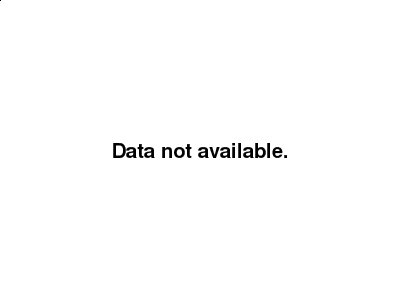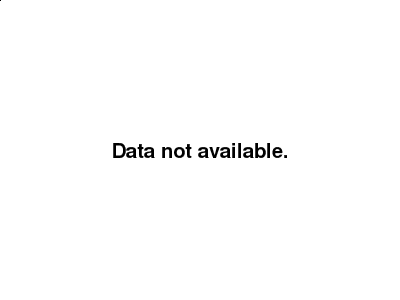Turkish lenders are being snared in a battle between President Recep Tayyip Erdogan and the central bank that threatens to derail a lending boom.
The tussle over the direction of interest rates is weighing on banking stocks as surging bond yields and a currency at a record low push up the cost of capital the lenders need to provide credit. The 13-member Borsa Istanbul Banks Sector Index is heading for its biggest five-day decline since the aftermath of the failed coup attempt in July last year, sliding 9 percent.
“A falling currency provokes inflation, slows economic activity, causes losses on foreign-exchange loans to be incurred, reduces the value of bond portfolios and hikes the cost of equity,” said Julian Rimmer, an emerging-markets trader at Investec Bank Plc in London. “Further down the line, especially given the excessive lending encouraged by the government, loan delinquencies will start to increase. It’s a toxic cocktail.”
Erdogan raised concerns over the central bank’s independence when he hit out at the regulator last week for using interest rates to tame inflation, ending a truce that has held since Murat Cetinkaya was appointed governor last year. Until now, Cetinkaya has been spared the tongue lashings his predecessor had to endure, with Erdogan even going as far as accusing Erdem Basci of treason.
Erdogan’s comments come as a lending boom — fueled by the government’s pledge to back loans through a credit-guarantee fund in an effort to spur economic growth — loses some of its momentum. Loan growth over a rolling 13-week period and adjusted for foreign-currency fluctuations declined to 15 percent at the end of October from a record 40 percent in June, according to Is Investment Securities banking analyst Bulent Sengonul.

‘Too Late’
The central bank said on Tuesday that it would force lenders to use a window that makes borrowing more expensive, effectively amounting to a 25 basis-point rate increase. Turkey’s central bank has held borrowing costs unchanged since May even as inflation accelerated to its highest since 2008 in October.
“Liquidity management through tiny rate hikes by the central bank, which is forbidden to increase rates, will surely not establish confidence,” said Refet Gurkaynak, an economist at Ankara’s Bilkent University. “This will be an example of the English idiom ‘too little, too late.’”
The president’s latest salvo also adds to political turmoil that’s already roiling local markets, including Turkey’s diplomatic rows with the U.S. and Europe, one of the widest current-account deficits in the developing world, double-digit price increases and fragile government finances dependent on foreign investment. An executive at one of the country’s largest state-owned banks is also on trial in the U.S. for allegedly conspiring to evade sanctions against Iran.
There is now the risk of an emergency monetary policy committee meeting before the scheduled decision on Dec. 14 to contain the fallout, said analysts including BlueBay Asset Management LLP Senior Emerging-Markets Sovereign Strategist Timothy Ash and Finansbank AS Chief Economist Gokce Celik. The lira has weakened 2.4 percent against the dollar since last Thursday, a day before Erdogan’s speech, the worst-performer among 31 major and emerging-market currencies tracked by Bloomberg.
The harsh comments regarding the central bank of Turkey by Erdogan had signaled that an increase in borrowing costs “would not be appreciated by the government,” said Celik. Policy makers may have no choice but to deliver a “meaningful rate hike” should the depreciation in the currency and bond markets continue, she said.

Content is for general information purposes only. It is not investment advice or a solution to buy or sell securities. Opinions are the authors; not necessarily that of OANDA Business Information & Services, Inc. or any of its affiliates, subsidiaries, officers or directors. If you would like to reproduce or redistribute any of the content found on MarketPulse, an award winning forex, commodities and global indices analysis and news site service produced by OANDA Business Information & Services, Inc., please access the RSS feed or contact us at info@marketpulse.com. Visit https://www.marketpulse.com/ to find out more about the beat of the global markets. © 2023 OANDA Business Information & Services Inc.



